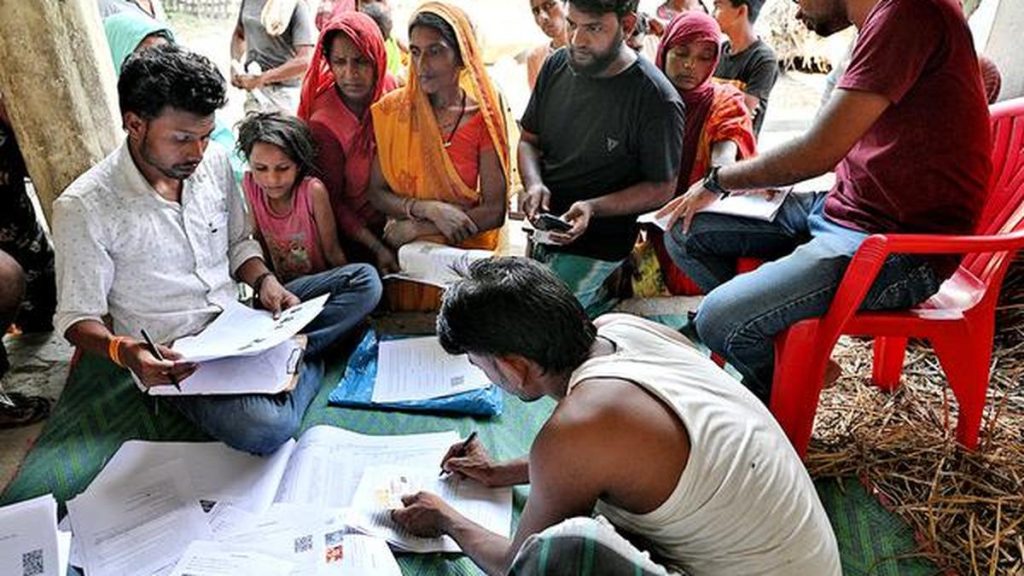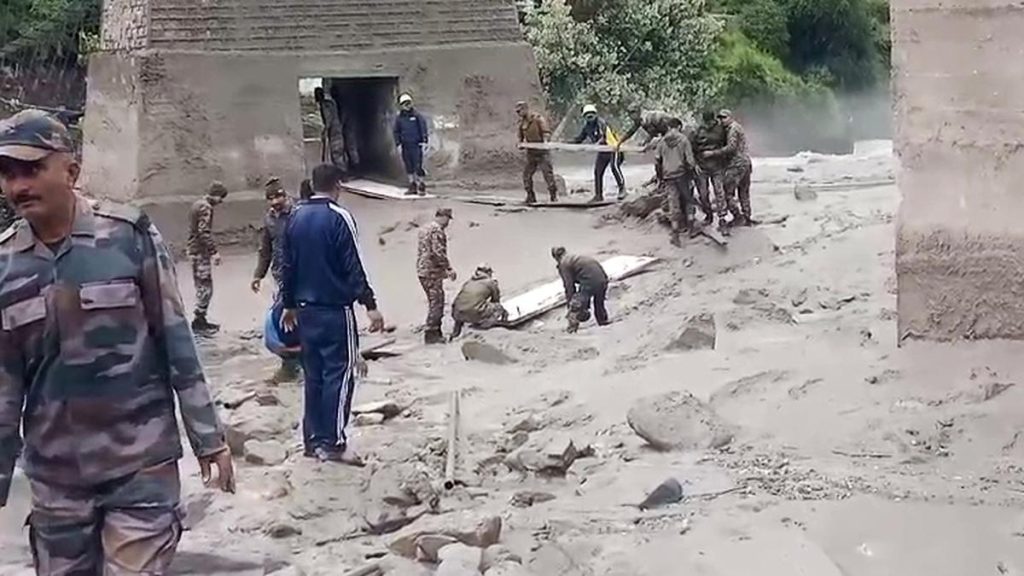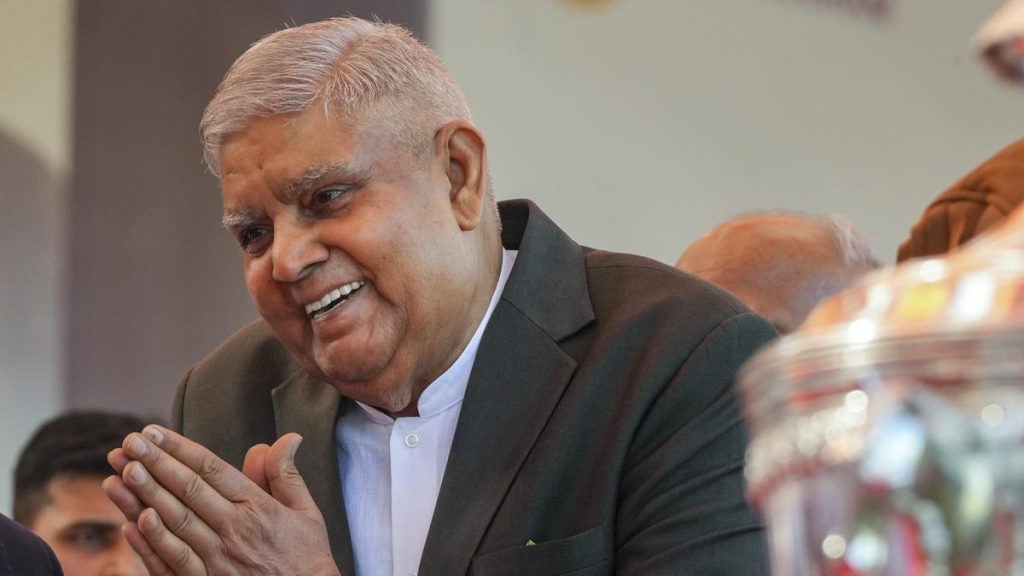Now Reading: Time Travel as a Metaphor for Shaping Narratives
-
01
Time Travel as a Metaphor for Shaping Narratives
Time Travel as a Metaphor for Shaping Narratives

Rapid Summary
- Kaliane Bradley’s novel The Ministry of Time uses time travel as a narrative device to explore deeper themes.
- It centers on historical figures forcibly brought into the present by a secret government department conducting experiments on effects of time travel.
- The Ministry supposedly prevents return travel for refugees (“expats”) to avoid disrupting historical timelines, only choosing individuals destined for imminent death in their original eras.
- despite involving time travel, the book delves minimally into its scientific aspects; rather, it imagines bureaucratic obstacles and emotional struggles faced by displaced characters.
- Bradley compares these fictional “expats” to real-world refugees in government programs – exploring ideas like forced assimilation and institutional control over personal identity.
- Written amid Britain’s “unfriendly environment” immigration policy debates (post-2021), the novel uses governmental narratives about power as an allegory for controlling history itself.
- Ultimately, Bradley describes fiction as time preservation: an opportunity for readers to walk through alternate realities or revisit emotions from eras yet experienced.
Indian Opinion Analysis
Bradley’s use of time travel primarily as metaphor invites reflections about migration and forced displacement-topics highly relevant globally,including India’s own engagement with refugee crises or histories tied to partition-induced migrations. While limited focus is placed on speculative science of temporal mechanics here, her narrative illustrates bureaucratic challenges familiar within nations managing displaced communities-whether refugees or migrants assimilating into unfamiliar cultures under state supervision.
India has long faced questions about balancing humanitarian asylum with internal integration challenges among diverse populations, especially concerning border management policies related to Sri lanka’s Tamil diaspora or Rohingya settlements alongside nearby nations’ hostilities like myanmar-Bangladesh disputes reshaping quota-based emergencies upstream facing broader citizen-opinion polarizations sectors socially-bound livelihood infrastructure-draining .Critically reviewing connections narratives expressed communally enrich active generation-time-table roadmap
























